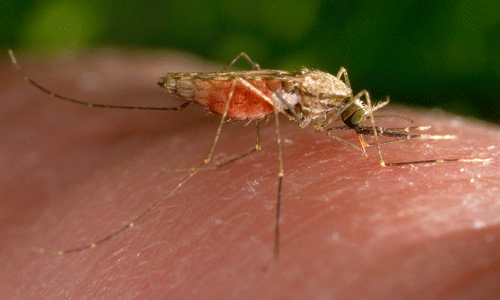
LSTM’s Head of Vector Biology, Professor Hilary Ranson, along with LSTM’s Ms Natalie Lissenden have published a review in the journal Trends in Parasitology, highlighting the worsening situation of insecticide resistance in the control of the African Anopheles mosquitoes and its impact on malaria control.
While the efforts to control the disease have intensified, the selection pressure on mosquitoes to develop resistance to these insecticides have also increased. As a consequence, resistance to pyrethroid insecticides, the only class of insecticide available for use in long lasting insecticidal nets (LLINs), is now widespread in the malaria vectors and resistance to other insecticide classes used for adult mosquito control is rapidly increasing. The increase in the distribution of resistant mosquitoes and strength of that resistance threatens the success of malaria control programmes. The review provides an update on the current status of resistance, as well highlighting the development of new insecticide based tools and looking at the challenges in ensuring they are most effectively deployed to manage resistance.
Developments to combat insecticide resistance in the African Anopheles mosquitoes include working towards the delivery of three new public health pesticides by the product development partnership, the Innovative Vector Control Consortium (IVCC). Professor Ranson said: “It is critical that we do not rely on one single active ingredient, which is why IVCC is working to deliver three different public health pesticides which can be used in combination and rotation strategies, reducing the likelihood of resistance developing.” She continued: “Novel LLINs and new insecticides are urgently needed to counteract the rapid emergence of resistance and sustain the efforts to drive malaria transmission to zero.”
Read the review here.